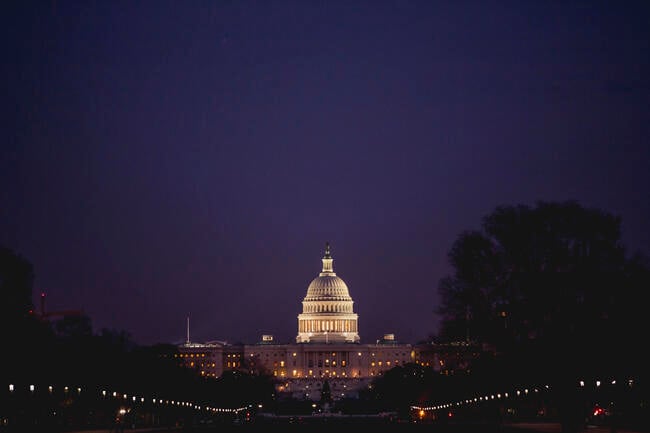You have /5 articles left.
Sign up for a free account or log in.

JTSorrell/E+/Getty Images
Over the past few weeks, there has been no shortage of critiques about the dearth of college presidents willing to speak out about recent events impacting the future of higher education. I am grateful for presidents such as Wesleyan University president Michael Roth and Trinity Washington University president Patricia McGuire, who are recognized for consistently going above and beyond to keep higher education in the public eye.
However, these criticisms do not recognize the incredible labor many college leaders are undertaking at this critical moment. They fail to show the hundreds of college presidents who descended upon the Capitol throughout January and February to decry proposed legislation related to the taxation of endowments and institutional risk-sharing in federal student loan programs, and to seek to prevent cuts to the Pell Grant as a shortfall looms. Presidents are also conducting advocacy work in their state houses.
These activities are where real change can happen. Last year, we were part of an incredible force in demanding fixes to the Free Application for Federal Student Aid system so that our students could pursue an education. Likewise, this year, nearly 600 college presidents from the private higher education sector alone gathered in Washington, D.C., to advocate against draconian measures being taken against our sector. At the state level, advocacy by college presidents has helped to achieve, sustain and increase state tuition grants. We do this work with little fanfare but with great energy and passion.
Presidents have worked to reform policy ideas that could harm our sector or, most especially, our students, no matter the party putting the proposal forward. Our presidents who lead this work do so from all political perspectives.
Despite this success, many would rather turn their attention to the loudest voices—the ones that dominate the public sphere and social media. But what about the hundreds, perhaps thousands, of us who quietly lead our campuses while working tirelessly to influence decisions in our nation’s capital?
Some of us may not have the latitude to speak as publicly as we may like, but that in no way diminishes our efforts. So what has become most troubling about these critiques is their attempt to pit president against president, as if there were only one way to lead effectively. In reality, this work requires unity, regardless of the federal administration.
Every day, we must advocate not just for our sector or our institutions, but for our students—and, most importantly, for the critical role education plays in preserving our democracy.
In 1786, Benjamin Rush said, “Freedom can exist only in the society of knowledge. Without learning, men are incapable of knowing their rights, and where learning is confined to a few people, liberty can be neither equal nor universal.” Those words are more relevant today than ever. We cannot afford to be divided—by the media, by politicians or by any force that distracts us from our shared responsibility and collective effort to safeguard our democracy.
To all of my fellow presidents, without exception, keep up the tremendous work of ministering to your campus, advocating for your institution and moving forward the ideals and goals of our sector. I see you. We need each other.




